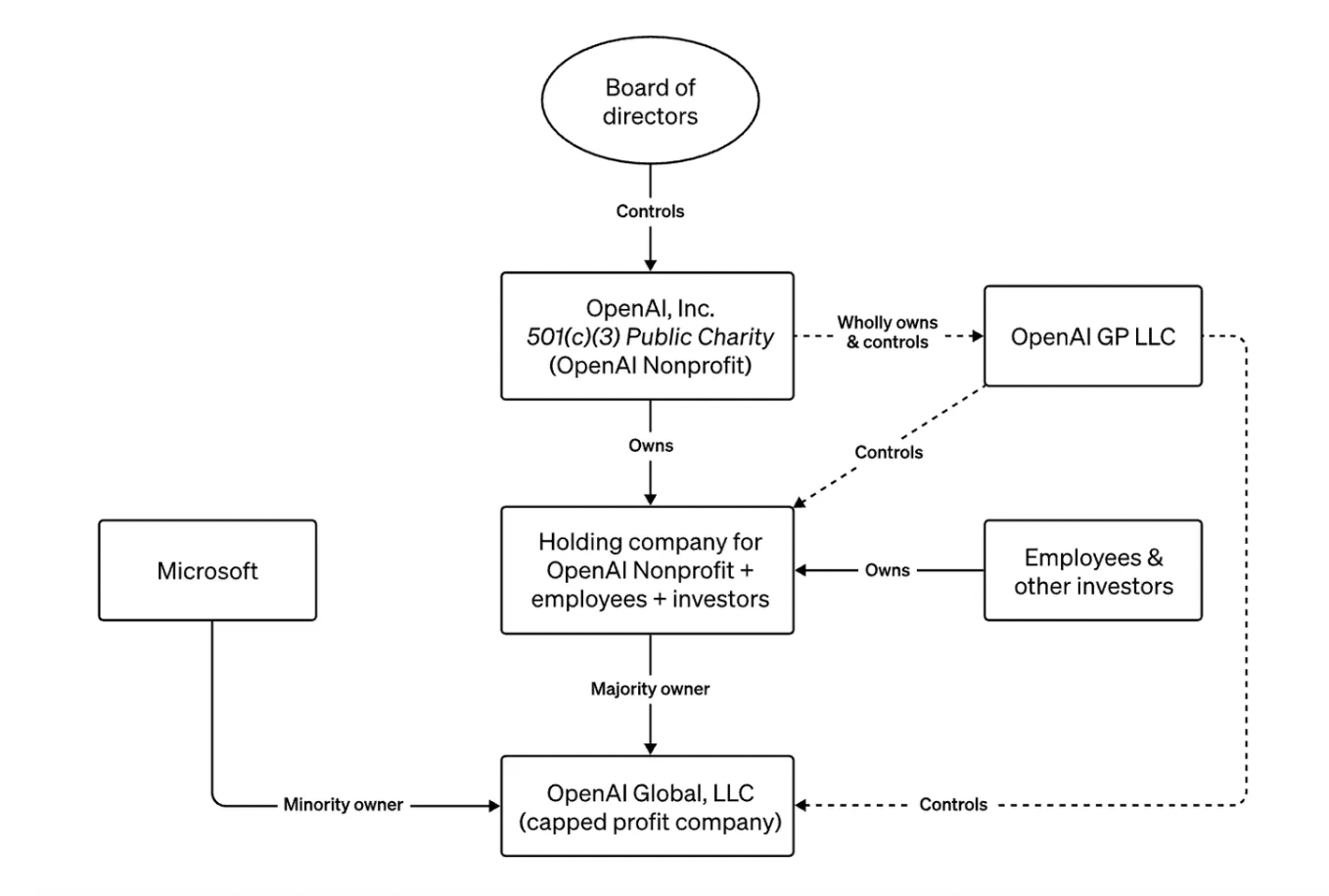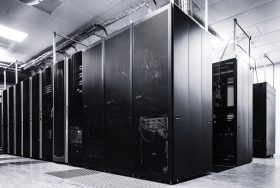Altman Returns to OpenAI, But What’s Next?

After a leadership drama that has big ramifications for the future of AI, OpenAI announced today that fired CEO Sam Altman will return to lead the company following an uprising against the company’s former board members, who have now been replaced.
The move was backed by Microsoft CEO Satya Nadella, who had offered to hire Altman and OpenAI president and co-founder Greg Brockman to head a new AI division at Microsoft. Microsoft is the largest outside investor in OpenAI and the partnership is key to Microsoft's AI strategy.
As part of his return agreement, Altman has reportedly agreed to an investigation conducted by the former board members and his allies at OpenAI into why he was fired last week. Up to now, the former board has been vague and reclusive about its reasoning, saying only that they fired Altman because he was “not consistently candid in his communications with them.”
Altman's firing came as a shock to Microsoft and other investors, and the board's lack of communications led to a furious response from the majority of OpenAI employees and potential litigation from company investors.
Indeed, Altman’s return was put in motion after OpenAI employees, executives, and investors protested his firing and demanded his return. A full 740 of OpenAI’s 770 employees had signed a letter to the company’s board asking for Altman’s return.
OpenAI Board Reshuffled
The five-day drama took the technology world by storm, with large implications for the future of AI. Microsoft has been perceived as a leader in AI through its partnership with OpenAI, in which it has invested an estimated $13 billion, giving it the largest stake of any investor – estimated at 49%.
Now begins the process of rebuilding OpenAI’s board, which is being stacked with familiar business leaders. The new board members include former Salesforce co-CEO Bret Taylor and former U.S. Treasury Secretary Larry Summers, with Taylor holding the chair position. Adam D’Angelo, co-founder and CEO of startup Quora, will remain on the board. Helen Toner, Tasha McCauley, and OpenAI co-founder Ilya Sutskever were removed as board members. It is expected that the board will be expanded to nine members.
Toner and Sutskever were cited by multiple sources as instigating the removal of Altman, though Sutskever later expressed remorse and voiced his support for Altman's return and signed the employee letter. Multiple sources cited across social media, including X (formerly known as Twitter), pointed to rifts among Toner, Sutskever, and Altman about the speed at which OpenAI was pursuing potentially world-altering AI technology.
Microsoft was involved in the soap opera from the very beginning, quickly hiring Altman and positioning for his return to OpenAI.
Microsoft CEO Satya Nadella embraced Altman's move back to OpenAI in a post on X:
“We believe this is a first essential step on a path to more stable, well-informed, and effective governance,” Nadella wrote. “Sam, Greg, and I have talked and agreed they have a key role to play along with the OAI leadership team in ensuring OAI continues to thrive and build on its mission. We look forward to building on our strong partnership and delivering the value of this next generation of AI to our customers and partners.”
What’s Next for OpenAI
Although the reinstatement of Altman will certainly stabilize OpenAI and its partnership with Microsoft, it still raises concerns about the future of AI. Part of the conflict at OpenAI has been seeded by the company's complicated corporate structure, which includes both a non-profit and a for-profit entity. Below is a diagram of OpenAI's corporate structures.

OpenAI was originally founded as a nonprofit because of concern about the impact that profit-driven AI could have on society. Even though OpenAI's board clearly bungled the situation, they did succeed in raising concerns about the governance of AI.
At the same time, the realities of developing large language models (LLMs) and other elements of generative AI require that the startup makes money. How that will happen, and what role Microsoft will play, will determine OpenAI's future.
Futuriom Take: After the changes in control, it seems clear that the money people are in control of AI -- including Microsoft, one of the most valuable companies in the world. The board reshuffling was backed by Microsoft and other large investors, so the nonprofit aspect of OpenAI has been reduced and its commercial aspect increased.
















